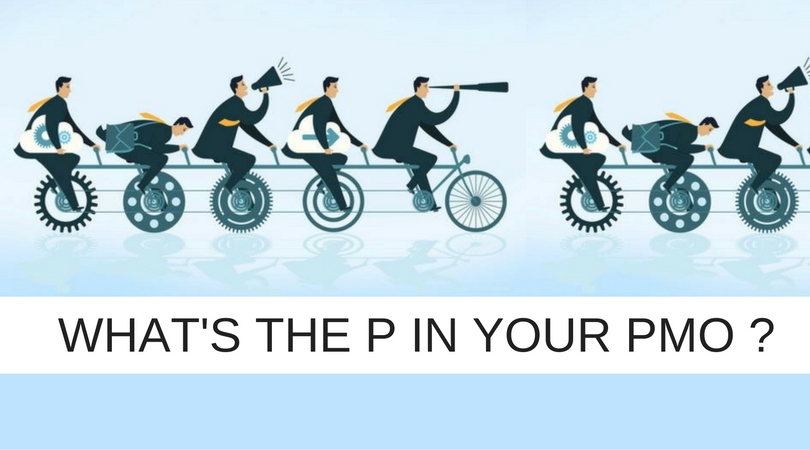 One of the greatest arguments for hiring contractors over permanent staff is reduced headcount – when work is quiet you want fewer “bums on seats” waiting for something to do.
One of the greatest arguments for hiring contractors over permanent staff is reduced headcount – when work is quiet you want fewer “bums on seats” waiting for something to do.
I am therefore surprised to find many companies are voluntarily tying themselves into contracts with contractors that effectively do this – create “bums on seats” – but really expensive ones!
Whilst understanding the need for “on tap” talent when work picks up paying a retainer to a contractor seems a very expensive way to achieve this.
A recent report suggests that more than one-quarter (27%) of CIOs will be increasing the number of IT contractors on their books over the next 12 months, over one-third (34%) reveal longer term hiring plans to increase headcounts. Inevitably, some of these more permanent hires will be on a “retained contractor” basis.
Not only is that an expensive option, as a side note I have also noticed some contractors on retainers catching some “staff viruses” – like developing negative attitudes or getting drawn into office politics!
Another of the key benefits of contractors over permanents was that they were less likely to become negative because they had less emotional attachment to your firm – it”s not a job, more a commercial arrangement between the two of you! As a rule, contractors would not get involved in office politics, they would just get on with the Project they were hired to deliver and move on. This often meant contractors would outperform staff counterparts but, in some organisations, this balance has adjusted closer to the centre when contractors have been hired and subjected to “office culture” on a longer term basis.
What is it they say? Familiarity breeds contempt!
However, from a company point of view, hiring a contractor can still offer greater flexibility. Not just when fluctuating demands head south and you need to control costs but also contractors give your organisation a better ability to take full advantage of new opportunities when they arise. Furthermore, chances are, your contractor will arrive fully trained, highly specialised and with “plug and play” experience that can create immediate business impact.
So often, a key cause of a Programme or Project team’s trouble is that they are over-relying on contractors and haemorrhaging money. As discussed, that can be expensive if your contracted talent is underutilised, which is often the case. Upon investigation, many Project teams cite a need for flexibility and a requirement to keep costs contained and predictable as the main driver for this behaviour.
Getting the balance right between permanent talent and contractors can be hard. It is essential, though, the UK”s extensive digital skills gap could currently be costing £63 billion in lost opportunities each year, according to an estimate from the House of Commons” Science and Technology Committee. Your share of that £63bn in missed revenue will ultimately depend on how flexible and cost effective your talent resource is.
Project Management as a Service (PMaaS) offers flexibility without the need to handcuff yourself to a contractor. PMaaS offers adjustable and scalable resources on demand without the need for retainers.
With the right provider, you agree to a set number of projects and a tailored budget. Agreed service levels create an environment where your business can secure consistently high-quality Project Delivery you need. Here”s the best bit – often with no net increase in your overall portfolio costs.
You can simultaneously address the challenge of improving your own project management capabilities and control costs, whether it’s through scalable skilled resource provision or a fully Managed Service.
Project Management as a Service (PMaaS) makes sense not just as it reduces capital expenditure, not just because it increases flexibility to respond to positive opportunities but because it also provides you with real-time transparency on the state of your project.
Also, with the right provider, you can leverage the very latest, best in class functionalities and management services, allowing you to focus on execution mission strategy instead of supporting and maintaining operations support function. Let”s face it, most organisations are operating on decreased budgets so reducing total cost of project management and focusing your investments on the execution of core strategic issues should be a bigger priority than ever.
Project Management as a Service delivers this through a more innovative approach to the conventional contractor model whilst retaining all the benefits.
AND from a contractor’s point of view no need to get dragged into office politics! Hallelujah!

